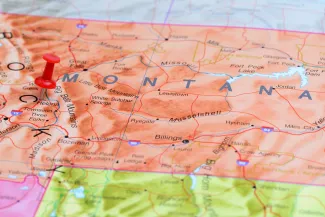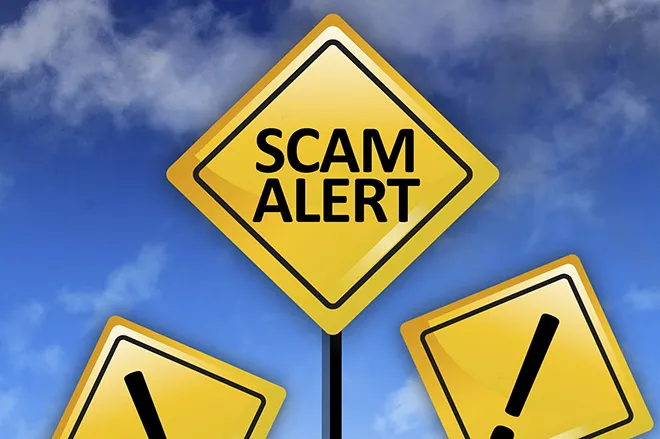
Environmental advocates sue Montana over public documents
Click play to listen to this article.
(Big Sky Connection) Montana citizens and environmental advocates have sued the state for withholding documents that have, for decades, been considered public information.
The division that provides bill drafting and other support to the Montana Legislature has announced a new policy that requires a legislator's approval before releasing documents to the public.

That includes all the correspondence and communication that goes into drafting a bill, including lawmakers conferring with lobbyists and other legislators.
Upper Seven Law's Founder Rylee Sommers-Flanagan said Montana's Constitution protects residents' right to know about and participate in the legislative process.
"The right to know is meant to protect our ability to examine the documents of any public agency," said Sommers-Flanagan. "This includes all Executive Branch agencies. It includes all aspects of the Legislature. Anything that relates to their official business belongs to the people of Montana."
A Helena judge over the summer ruled that correspondence used to draft bills - so called "junque files" - are not public record, reversing a 25-year-old policy.
Sommers-Flanagan argued the move undermines transparency, which she said has been the backbone of Montana's lawmaking process, and calls into question interactions between lawmakers and lobbyists who often work together to create a bill.
"We could literally be deprived of opportunity to see bribery happening in writing," said Sommers-Flanagan. "And, of course, I doubt that our legislators are engaged in bribery - but what this does is, it protects them fully from any sort of disclosure around what they might be exchanging."
The rule was implemented when a district court ruled in favor of a state senator who argued that junque files related to a gerrymandering law should not be made public.















